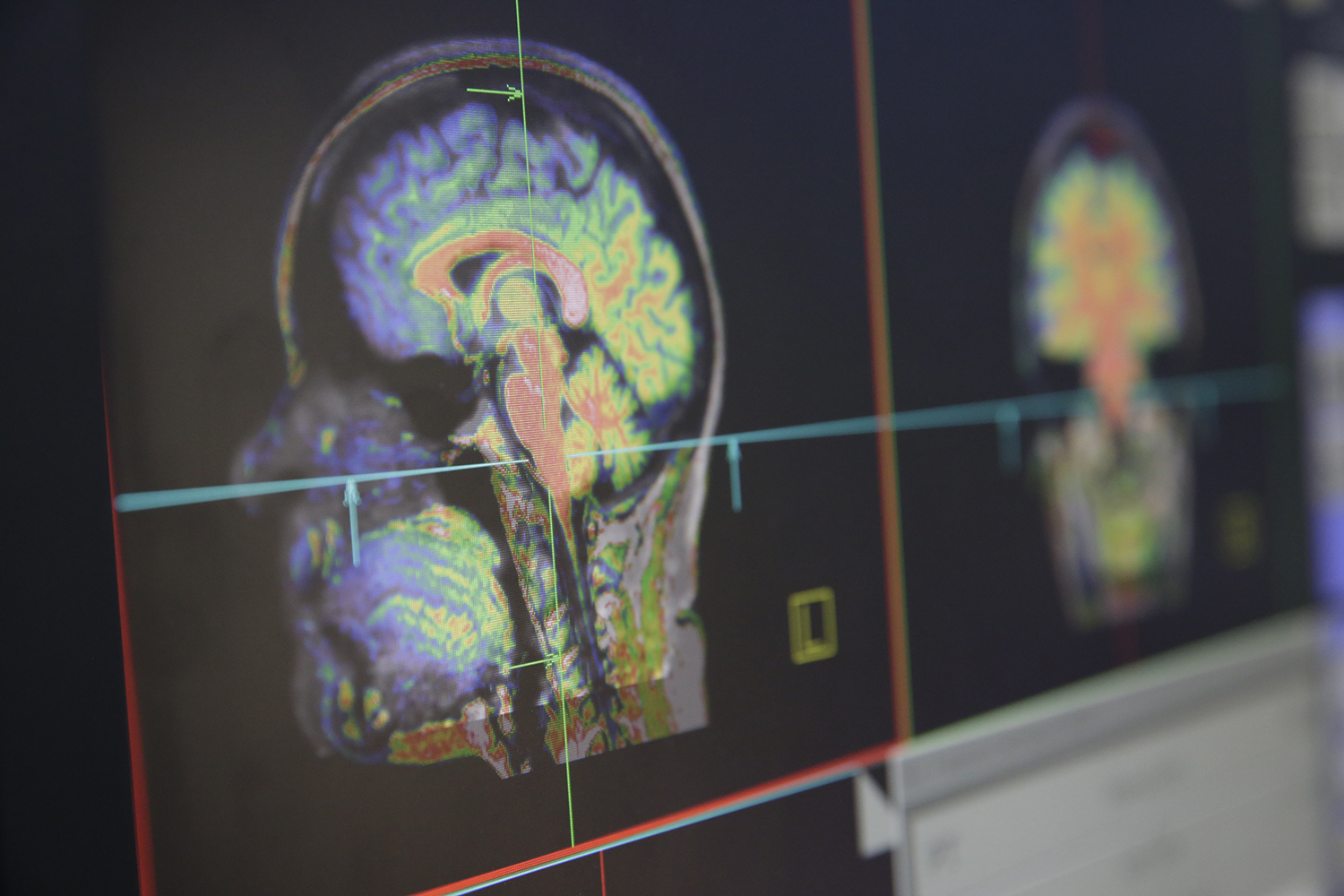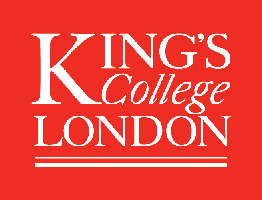
The PET Centre consists of a multidisciplinary team of about 60 staff, including clinical academics, nuclear medicine physicians, radiologists, neurologists, scientists, physicists, radiochemists, technologists and radiographers with administrative support for the clinical service and research programmes.
Active areas of research include the development and evaluation of new tracers, the development and assessment of new clinical PET indications, co-ordination of national cancer trials using PET-CT imaging and new PET technology and data analysis methods. Research spans oncology, neurology, neuropsychiatry and cardiology.
The centre is closely linked to other imaging researchers within the School of Biomedical Engineering and Imaging Sciences and has collaborations within the Hospital and Medical School as well as and national and international groups. Projects are funded from a wide range of sources including the Engineering and Physical Sciences Research Council (EPSRC), the Wellcome Trust, the Department of Health, the National Institute for Health Research (NIHR) Biomedical Research Centre of Guys & St Thomas', Industry, the European commission, the Medical Research Council (MRC), Cancer Research UK (CRUK), the Breast Cancer Campaign, Prostate Cancer UK and the King's Health Partners (KHP) Charity.
Click here for a list of our current studies.
Speciality Areas of Research
The PET centre provides a stable infrastructure with a busy imaging service to underpin health economic, translational and basic science research for a number of research groups. Our new on-site radiochemistry facility, PERL, with 24 hot cells and a new cyclotron, supports our goal to research non-FDG PET tracers, translating novel tracers, and using previous tracers in novel applications.
Areas of particular research interest within the Centre include monitoring and planning therapy. We aim to continue to develop national clinical studies with a health economic element and to continue to develop and translate non-FDG tracers.
In oncology, further current trials include the use of PET in planning radiotherapy, in imaging tumour hypoxia, and in monitoring therapy response in skeletal metastases on both PET-CT and PET-MRI platforms. A number of trials are running using PET methodology and tracers to monitor therapy response to novel therapeutics. There is also interest in developing novel methods of data analysis, exploring tumour heterogeneity and using bioinformatics in the field of radiomics.
Research in neurology and neuropsychiatry is increasing. For example, ongoing studies explore cerebral function in obesity; aim to rationalise antipsychotic drug treatment; evaluate the role of 11C-methionine in the diagnosis of peripheral nerve sheath tumours; or evaluate brain amyloid in twins discordant for cognitive impairment. We are also involved in the development of tracers for novel targets, with studies currently ongoing in schizophrenia, autism, and neurocognitive impairment/dementia.
In cardiology there is interest in measuring blood flow and metabolism with a variety of tracers.
The Core Lab
Members of the Department lead the UK National Cancer Research Institute (NCRI) PET Core Lab that has successfully co-ordinated a number of national and international multicentre PET trials.
Click here for more information about the Core Lab.
The Cyclotron and Radiochemistry Laboratory (CARL)
CARL is a national research-dedicated facility for radionuclide production and radiopharmaceutical chemistry. CARL houses infrastructure and equipment that permits high-activity radionuclide production including target design and preparation, cyclotron irradiation, target radionuclide processing and purification, synthetic radiopharmaceutical chemistry, automation, and radioanalytical provisions, enabling researchers the freedom and creativity to investigate novel radionuclides and trial new radiochemical methods, in a preclinical setting (and not subject to Good Manufacturing Practice standards). In addition to research onsite, CARL can also provide small-scale supply of a wide range of radionuclides and radiopharmaceuticals to other research labs across the UK.
The CARL and PERL (Positron Emitting Radipharmaceutical Laboratory) facility teams work closely together to support different stages of the radiopharmaceutical development pipeline: CARL is ideally suited to early-stage preclinical research; promising new radiopharmaceuticals can then be developed further in PERL towards final GMP clinical translation into humans.




